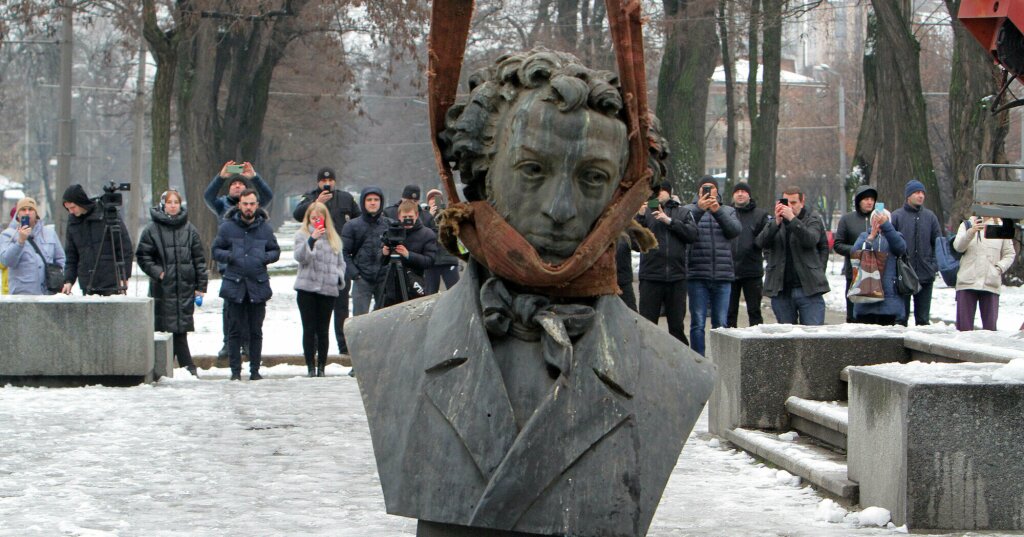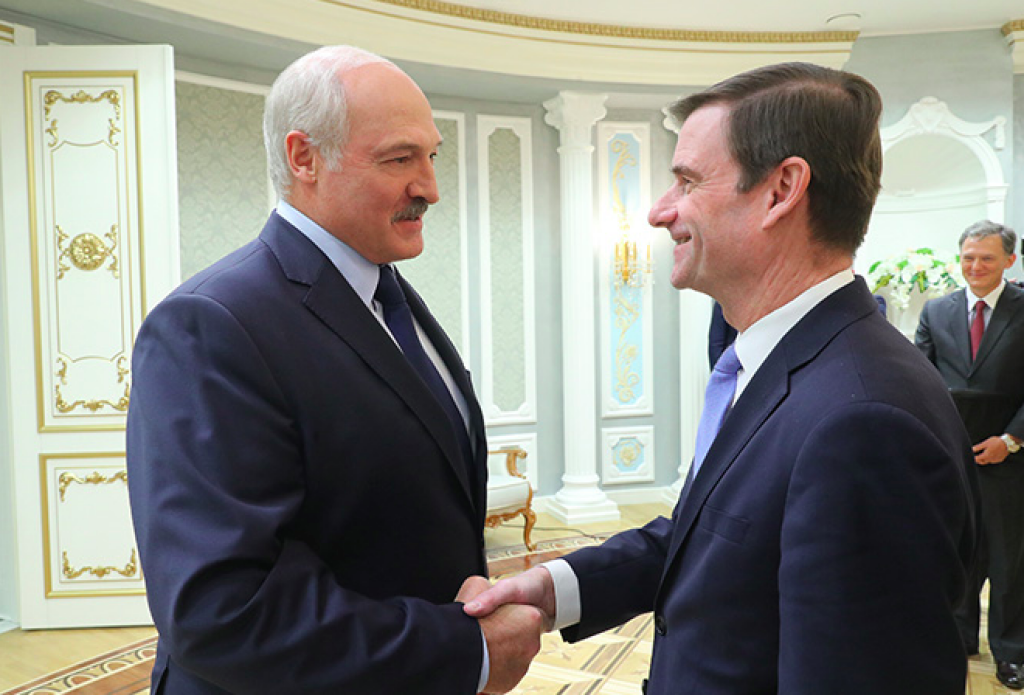Ilya Kukulin is a visiting research fellow at Amherst Center for Russian Culture, Amherst College, Massachusetts, USA. He writes about unofficial literature of the Soviet era, about Russophone pop culture, and about the interaction of politics and culture in post-Soviet Russia.
This is a Part II in a two-part series. Part I may be found here.
In the previous post, I focused on Russophone poets of Russian origin, regardless of whether they remain in Russia or have emigrated. Until 2022, quite a few Ukrainian poets also wrote in Russian as a matter of course. Yet already in the 2000s and 2010s, they were beginning to consider themselves as part of a distinctive community, closer to the Ukrainian literary scene than to the Russian one. In 2014, almost all of the poets expressed opposition to Russian aggression in Crimea and Eastern Ukraine. After February 2022, some poets who had previously written in Russian or bilingually switched to Ukrainian exclusively. A few continue to write in Russian. In any case, the position these poets occupy is necessarily distinct from that of non-conformists residing in Russia, since the former group associates itself with a country under attack.
The Dnipro-based Stanislav Belsky is a hermetic poet who tends toward irony and the grotesque. His poetry draws in equal measure on Russian and Polish roots and may be compared with the writings of Zbigniew Herbert. Since the start of the war, Belsky has published, on Telegram, Russian translations of Ukrainian poetry written in the heat of battle. In so doing, he transmits these poems into the Russophone sphere, making them “facts” of Russian as well as of Ukrainian literature. Often, though not always, Belsky’s own works juxtapose fragments rooted in contrasting aesthetic principles: for example, direct political speech and the grotesque or surrealist poetry that is one of this poet’s calling cards.
d
the coolness
of tiny snowflakes of access
green like a slightly overfed
new year (a pre-war year, maybe)
as for convolutions,
look (relaxing your eyes) deeper
into the technical defeat of democracy
which didn’t show up to the match
e
it’s so abnormal how
the sense of normality changes
it becomes
not exactly acceptable
it’s extremely alarming
and yet mundane
when the city
is pelted
with ballistic missiles
when cars are burned
when daycares and apartments
are turned
inside-out
when dozens of people
are wounded (and sometimes killed)
(—From “shooting into a dream, into milk…” from the cycle Wastelands, December 2023)
Poetry written in Russian today, even if it makes no mention of the war, finds itself within the magnetic field of horrifying historical events: the bombings of Ukrainian territory, repressions of Russian political activists, attempts by the government to invalidate, on Russian soil, all norms and rules developed in the wake of the Second World War. In a 2014 interview with Novaya gazeta, sociologist Aleksei Levinson articulated an important thought: Russia’s current regime has not only declared its hostility toward Western nations, but is actively canceling those humanistic norms and principles it associates with “the West.” Although these values exist independently in the minds of those living in Russia, Kremlin propaganda seeks to pigeonhole them as “Western” or pejoratively “universal.” Any Russian resident who insists on these principles in public is considered a traitor, a representative of the “fifth column,” while the most active defenders become “foreign agents” or “extremists.”
However—and here I pick up where Levinson left off—even those who consent to the archaic moral framework of “us versus them” (where “they” can be subjected to any level of violence with impunity) end up feeling compelled to prove to themselves and others just how right they are, because the public sphere and judicial system of contemporary Russia is, in many ways, based in these same “Western” values. This “Western” kernel remains even where adherence to these principles is merely being imitated, or where they are maliciously reinterpreted—as in the rhetoric around Russia’s “war on terror,” in which context protesting against torture may be considered “justification of terrorism.”
To reject postwar principles of universalist humanism, and, conversely, to resist the discourse of violence, means developing new scripts for emotional life and interpersonal communication. Such scripts were either absent in post-Soviet culture, or remained within the purview of small numbers of political or artistic activists. Today, these scripts are being intensively worked out in the sphere of poetry. One of the most important aims of contemporary Russophone poetry is to craft new forms of political subjectivity. Moreover, all Russophone poetry written today bears the traces of this work, and is interpreted by readers precisely as an effort to produce new political forms.
— Translated by Maya Vinokour



